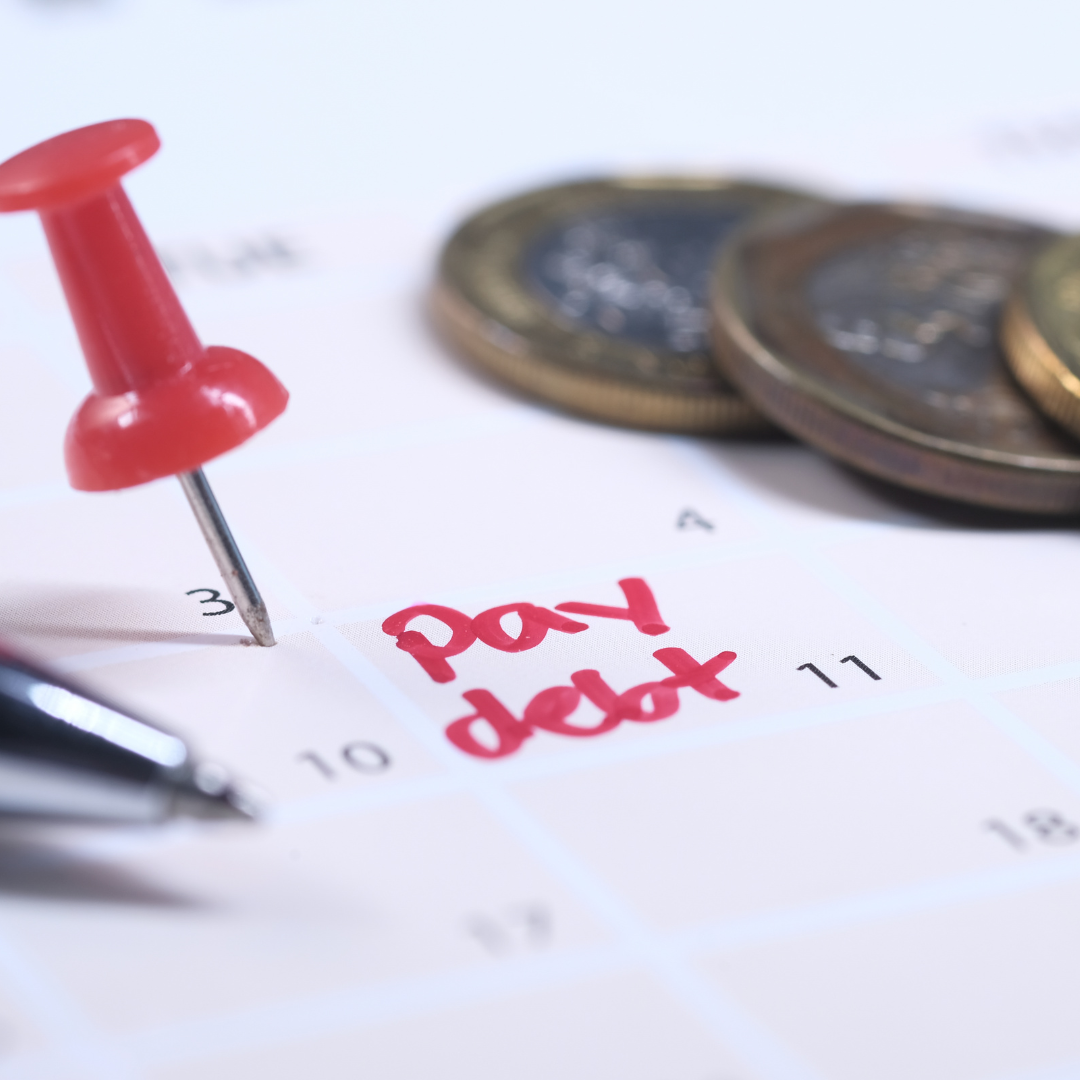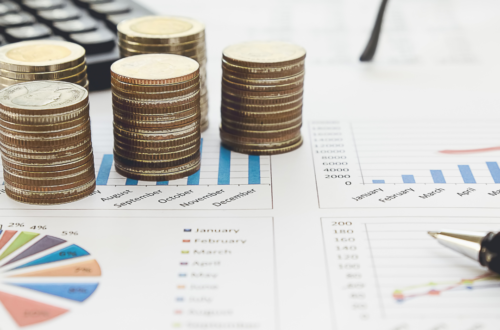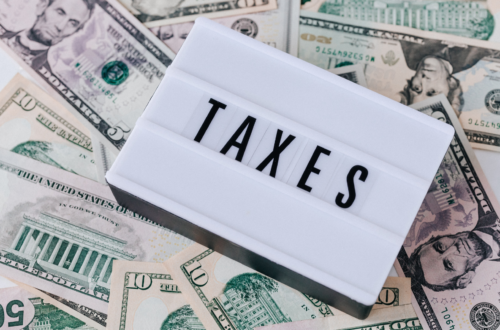Every year when tax returns come in, your financial institution will assess your debts and determine whether you are financially capable of dealing with them. If there is anything wrong with your financial life, the bank or credit card company may decide to sell off your debts to another firm. Since the debt collection process is time-consuming and expensive, they might decide to just give you some time to pay it off.
Millions of people across the globe make major financial decisions such as buying a house, purchasing a car, or taking out a loan. While many of these decisions are based on an emotional and uninformed hunch, others are informed by accurate financial analysis and information. While the credit reporting bureaus already provide a means of managing one’s credit history, many people need to complete an end-of-year debt assessment to see which debts are past due or have been missed.
Here is how to complete an end-of-year debt assessment:
- Calculate progress
In a nutshell, a debt assessment is a way of checking your repayments and debts in order to give you a better understanding of your financial position. Anyone going through a debt review should carry out their own assessment and then compare their figures to the ones displayed by their creditors.
Take a second to reflect on all the financial goals you set for yourself this year. Did you save more money? Better yet, did you reduce your debt? Did you make enough money to pay off your mortgage? Did you save for a rainy day? Did you do any of these things? You probably did, but did you succeed? Did you meet your end-of-year goals?
Credit Counselling – Determine Your Total Debt – In calculating your progress, it is important to determine your debt. This is easily accomplished by taking the total of all of your debts, which you can do from your credit card account, your loan statement, or your mortgage
- Stay connected with creditors
Before you sign up for a credit card, you should do at least a little bit of research to find out if the card is a good choice for you. One way is to research the card’s annual percentage rate (APR) and total cost of borrowing to find out exactly how much you will pay for all the charges you make on it each month. It should only be used if you are certain you will be able to pay off the balance every month.
- Manageable debt loan
Most people pay their bills on time and may not even consider the amount they owe. But while it may not be a huge problem, the fact that you owe money can have a big impact on how your credit score is calculated. The bigger your debt, the more money you need to pay to get your credit score back up in the green. This is especially true if you are carrying high-interest debt, which can be difficult to pay off.
- Repayment options
For some, getting a mortgage at the end of the year is vital to getting their finances in order for the new year. However, it can be tricky to get the right mortgage lender, rate, and repayment options. So, if you are considering a new home loan, you need to know the differences between making regular payments, paying off the loan in full, or repaying the loan early.
Did you know that your credit score is a net worth statement that is updated every time you make a purchase or miss a repayment? Lenders and other financial institutions use your credit report to determine how much they should lend you and how much interest you should pay on your debt. To determine your net worth, creditors take the total of your debts (both credit and non-credit related) and subtract your total assets.
It is the end of the year, which means you need to complete a debt assessment. Do not worry; completing an end-of-year assessment is easy. You simply complete the form, drop it into the mail and wait for the results. If you are eligible for a debt settlement, you will receive information about the settlement and how to go about making a claim. If you are not eligible, you will get a letter explaining why you are not eligible and how to appeal.




